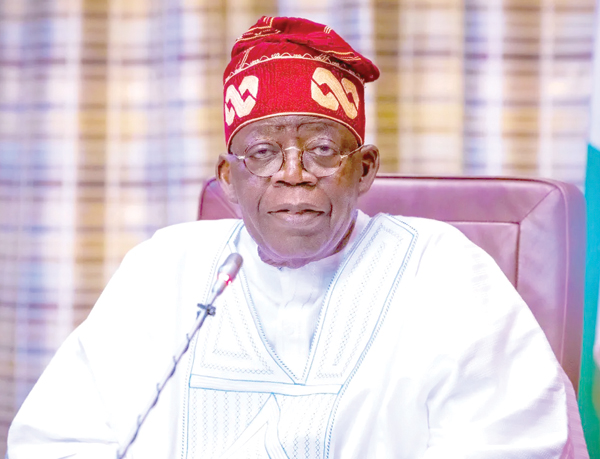The Federal Government has launched the Informal Sector Economic Report to improve the growth of Small and Medium Enterprises (SMEs) in Nigeria through inclusion.
Speaking at the launch on Friday in Abuja, the Minister of Industry, Trade, and Investment, Dr. Doris Uzoka Anite, said the government is committed to supporting small businesses to expand.
She stated that the informal sector contributes significantly to the country’s Gross Domestic Product (GDP).
The Minister expressed confidence that the report would enhance SME growth and inclusion.
Also at the launch, the Director General of the Small Enterprise Development Agency of Nigeria (SMEDAN), Charles Odii, explained that the informal sector is responsible for the stability of the country’s economy.
“We have over 40 million businesses in Nigeria. Government policies like GROW and the National Council for SMEs will help these businesses.
“Small businesses are the engine of the Nigerian economy, and the informal sector serves as the pistons providing momentum.”
Odii said SMEDAN is expediting efforts to formalize these businesses and bring them into the formal sector.
“This is a necessary step towards increasing access to resources such as finance. Formalization aids the development of brand value and financial history that indicate creditworthiness and attract investment.
“A major obstacle to this is the fear of taxes that formalization inspires. Many believe that registration amounts to opening the door for the government to tax their meager profits,” he explained.
The DG stated further, “We are addressing this concern in several ways, ensuring the enforcement of existing tax exemptions designed to give small businesses room to grow.”
ALSO READ: Coalition condemns planned protest against EFCC
In the report powered by MoniePoint, the Founder, Tosin Eniolorunda, noted that MoniePoint began in the market and on the streets.
“As we started to build our financial products and services, we needed to understand people’s needs and how we could help them.
“Being out there with them helped us put their realities into perspective in a way that conferences and offices never could. It also grounded me with experiences I had lived through growing up.
“No Nigerian is a stranger to the informal market. Stalls, minimarts, hairdressers, plumbers, food sellers, and many other sectors make up this part of the economy.”
Eniolorunda further said that like any business owner, “informal businesses need access to simplified payment, banking, and credit for successful business operations.
“By quantifying the informal economy’s impact and nuances, we can better shape policies and programs to empower and uplift the entrepreneurs driving it forward,” the report noted.
The report said, “To understand the current fabric of the Nigerian informal economy, we analyzed data from over 2 million businesses that use MoniePoint.
“We classified them based on the industries most businesses operate in, their lifespan income, and motivation for starting a business.
“Retail and general trade was the leading category in the Nigerian informal economy, containing 24 percent of all businesses. In addition to food and drinks, fashion and beauty, and agriculture, this category accounts for 58.6 percent of all businesses in the Nigerian informal market,” the report stated.
